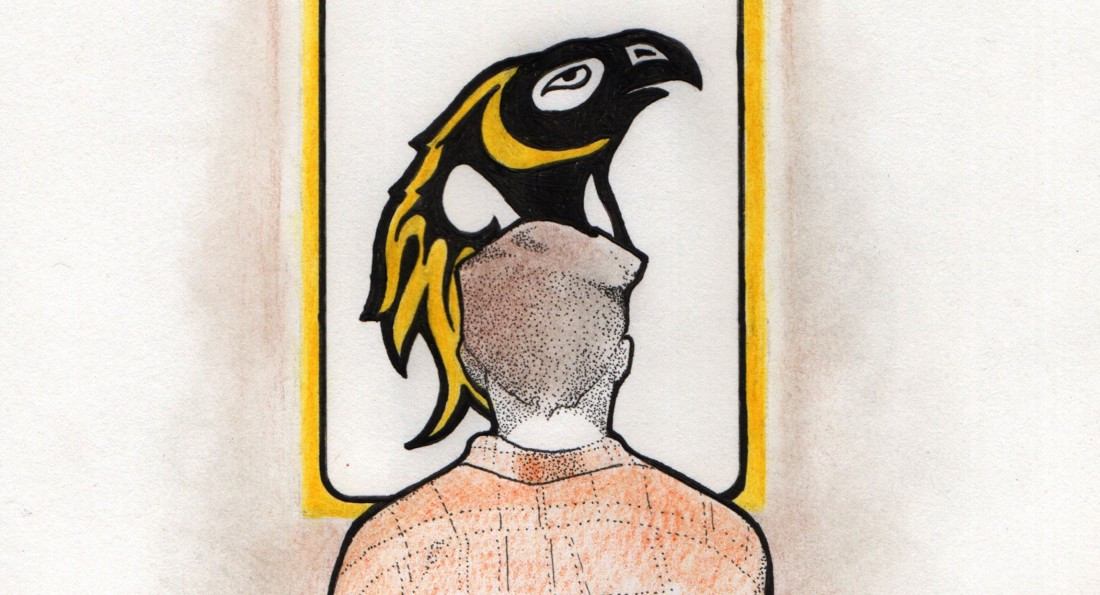Indigenous knowledge away from the desk
The onus is on you to unlearn
Students often receive elementary and high school instruction on Indigenous issues that makes it seem as though colonialism is a thing of the past. But due to cultural events, and prompted by the news, many students become more aware by the time they enter university.
The introduction of the Indigenous Course Requirement (ICR) this fall only makes sense. Its goal is to ensure that students “understand the contributions Indigenous people have made to our world and prepare them to engage in a society where reconciliation with Indigenous peoples is an important reality.”
Currently, ICR courses explore the local Indigenous context through categories like Indigenous history, culture, ways of knowing, contemporary issues and language.
But how will knowledge equity be ensured if every class covers different information? Surely some students will be lacking in certain crucial areas.
There has been some concern as to whether three credit hours, over an entire undergraduate degree, will make much of a difference. Unfortunately, it would be unreasonable to ask that students take even longer to complete their degrees in order to take more Indigenous courses.
In an ideal world, every course taken in university would somehow pertain to Indigenous culture, if not local, then global. Biology courses would cover traditional medicine theories, and theology courses would discuss Indigenous spirituality. But we are far from that in the first semester with the ICR.
So it’s important that students get out there and learn away from the desk. Just as it’s difficult to understand physics by simply sitting behind a desk studying formulas, local Indigenous cultures can’t be understood by reading a paper on colonialism.
Students can also attend events to unlearn the stereotypes they may have been taught. If someone’s main impression of Cree culture involves a diorama at the Manitoba Museum, it is time to move on to the present.
The Urban Shaman Contemporary Art Gallery offers but a glimpse of modern Indigenous art, free of admission costs, and there are many events offered around campus, including an upcoming presentation by artist K.C. Adams, on Nov. 22. Meet Me At The Belltower meets every Friday at 6 p.m. on the corner of Selkirk and Powers.
There are many opportunities to feed a growing understanding of Indigenous culture and the ways in which it pertains to Winnipeg’s community.
But it’s important to not just blindly attend these events, absorbing knowledge with no way to tie them to the reality of today. Rather, non-Indigenous students must also familiarize themselves with the legislation behind Indigenous issues.
Documents such as the treaties and the 1969 White Paper are integral to understanding Canada’s history. They should be covered in class, but they often aren’t, not yet. By studying these and experiencing local Indigeneity, students can begin to unlearn colonialism.
Through ignorance of current and traditional cultures, as well as lack of knowledge concerning colonial events, non-Indigenous Winnipeggers can perpetuate inequality and colonial assumptions.
Charlotte Morin is a non-Indigenous Rhetoric student at the University of Winnipeg.
Published in Volume 71, Number 11 of The Uniter (November 17, 2016)







